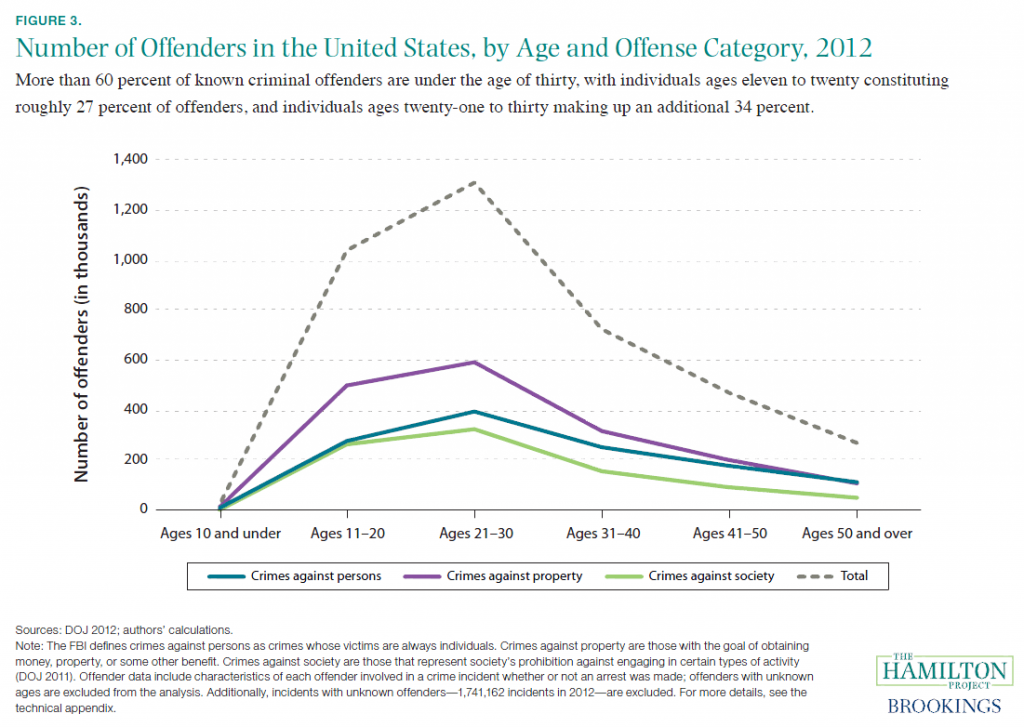Sheriff Teaming Up with Unions to Offer Occupational Opportunity to Felons
2016/06/12 –
Hinds County Sheriff Victor Mason told the crowd at a recent “Take A.C.T.I.O.N Jackson Community Meeting,” sponsored by the Jackson Branch NAACP, that he was moving forward with the creation of a new education program for youth offenders and non-violent offenders.
“I’m working on a new prisoner re-entry project that promises more than just letting people go and then locking them up again when they make another mistake,” Mason told the audience at M.W. Stringer Lodge, in Jackson. “Young people who make mistakes need a way to re-enter society with skills that give them a stable income and no need to turn to crime. There’s no incentive to break the law if you earn a comfortable income and have a plan for life.”
Mason said he has not widely touted the incoming program because of the complexities involved in assembling a re-education package, but he said he has high hopes that it can come together.
Despite media and Hollywood fantasies, a large percentage of crime is unglamorous and economics-based. It’s less about thrills and malevolence and more about disadvantaged people looking for a way to put food on the table or pay bills. Mason said youths are more commonly prone to commit crime, due to economic problems and woefully underdeveloped judgement skills. Numerous socio-economic think tanks, such as the Brookings Institute, support his opinion.

Number of Offenders in the United States, by Age and Offense, 2012 (Source)
Underprivileged youths, having few economic prospects in the form of affordable education, affluent connections, or even reliable adult guidance, face a future containing a dismal minimum wage of slightly more than $7 hourly. A standard theory behind property crime is that the attractiveness of alternatives to crime—which likely includes a rotten minimum wage for hard, greasy work and long hours—is extremely low. For teens living in poor neighborhoods and facing such a depressing future, the prospect of property crime or illegal substance distribution becomes comparatively attractive. Couple these economic factors with the consistent risky behavior common to all youths, both poor and affluent, and you’ve got a high potential for incarceration, according to the Brookings Institute.
Once a youth stands before a judge, his or her potential for spinning out of control increases exponentially. In many cases, a criminal record, no matter how non-violent, means an instant lock-out for many well-paying and stable careers. From then on, a wayward youth is more liable to face a life of miserable instability that only exacerbates the problem.
Mason says he wants to offer an alternative to that, and he’s turning to local unions to de-rail disaster. The sheriff has been making overtures to John Smith, manager of the International Brotherhood of Electrical Workers (IBEW) to tweak a pre-existing union training program to give young felons valuable career skills that will ensure a lifetime of well-paid work and stability.
“We’ll be having some meetings with the sheriff and we’re working towards this, even though we can’t confirm if it’s a go just yet. We already have an apprenticeship program for younger guys that have had a little brush with the law, and we believe in giving folks a second chance,” Smith told the MSNAACP. “The jails are full of folks with non-violent offenses. They get in the system, and then they got conflict behind their name and they’re behind the eight ball after that.”
Smith said he agrees with Mason that poverty is central to the city’s crime issue.
“In the poorer parts of the state, in the inner cities, folks are just trapped. They’re stuck and they can’t get out and the only way to make a buck or get something to eat is to steal or sell something illegal. Then, if they get caught, they’re stuck in the revolving door of the prison system.”
The IBEW just recently sorted through its yearly selection of program trainees. The training program currently requires applicants to be a high school graduate or have a GED, and have at least one year of high school algebra under their belt, as well as reliable transportation.
Smith said most building and trades unions offer similar training programs. The IBEW program is five years long. Enrollees go to school one night a week from August to June 1, but it costs them no tuition. All they pay for is their books and their hand tools, their tool pouch and work boots and work clothes, since they are required to work in the field.
“Most of our jobs start at seven o’clock in the morning. We take a young man with zero experience, and give them a career. If you get through the program, there’s no way you won’t have a good job,” Smith said. “We have an agreement with contractors around the United States. People depend on us supplying them with labor, so our job placement is the highest around. You’re basically married to a job.”
Source: MSNAACP Writers



